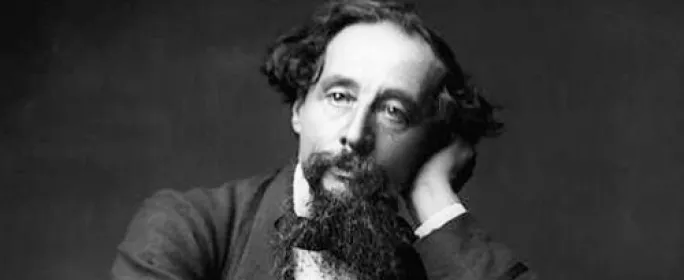Exclusive - English literature to count double in league table rankings
Schools are to be given a much greater incentive to encourage pupils to study English literature and achieve good grades, TES can reveal.
From 2016, if pupils do well in the subject, then their GCSE result could count double towards their school’s league table position.
The news comes after an official rethink over new school performance measures. It follows warnings from a high profile group of writers, academics, teachers and actors that a previous plan would damage the study of English literature at GCSE, A level and university level.
In October when the Department for Education (DfE) first unveiled radical changes to the way secondary school league tables will be calculated, it opted to give English language GCSE priority over the literature GCSE.
But now it says English literature is to be given equal status with English language - though the subject will still not be compulsory.
The department says it wants to “ensure that schools with good teaching in English Literature receive sufficient credit in the new accountability framework”.
Leading writers such as Robert Harris and Michael Morpugo, and academics including John Carey and AC Grayling, were among those who warned had that pupils would be deprived from studying the canon of English literature under the original plan.
Bethan Marshall, chair of National Association for the Teaching of English, was also part of the campaign and welcomed the DfE’s change of heart.
“This is a very good thing. Literature counts for a great deal and would have been seriously under threat,” the senior lecturer in English and education at King’s College, London said. “Now that they have equated language and literature then [schools] may concentrate on doing both.”
Her group’s letter of protest, also signed by actors Sheila Hancock and Miriam Margolyes, warned that the original plan meant that: “English language has a designated ‘core’ status, while English literature will become an optional GCSE subject.”
The issue centred on the planned new ‘progress 8’ measure of how much value is added to GCSE results. The measure is particularly important because it will be used to calculate crucial ‘floor standards’ that can lead to school closures if they are missed.
The new accountability system was always going to offer schools some reward for putting pupils in for GCSE English Literature. An entry in the subject would have led to a “double weighting” in the progress 8 measure for a pupil’s English language grade.
But there would have been much less league table incentive for schools to encourage pupils to do well in literature, as their grade in the subject could not be double weighted and need not have counted at all for progress 8.
Now the DfE has decided that the grade for either of the two subjects - English language or literature, whichever is best - will count double for the measure.
“Schools might have entered them for the literature but not bothered teaching it [under the first proposal],” Dr Marshall said.
“Now that it counts if you have a child who is very good at reading, but not so good at language I think they might focus on the literature. I think the balance is more equal.”
But she still has concerns about the new English literature GCSE that is being developed: “The problem that remains is that the novels they have to do are all pre-20th century and that is a drawback. The literature exam as a whole is not what you would want.”
A DfE spokesperson said: “We want to place the classics of English literature at the heart of lessons and make sure pupils can develop an in depth understanding of our literary heritage.
“These changes will make sure that schools are properly rewarded where pupils perform well in English literature and English language, and will provide much clearer incentives to study these important subjects.”
Keep reading for just £1 per month
You've reached your limit of free articles this month. Subscribe for £1 per month for three months and get:
- Unlimited access to all Tes magazine content
- Exclusive subscriber-only stories
- Award-winning email newsletters




